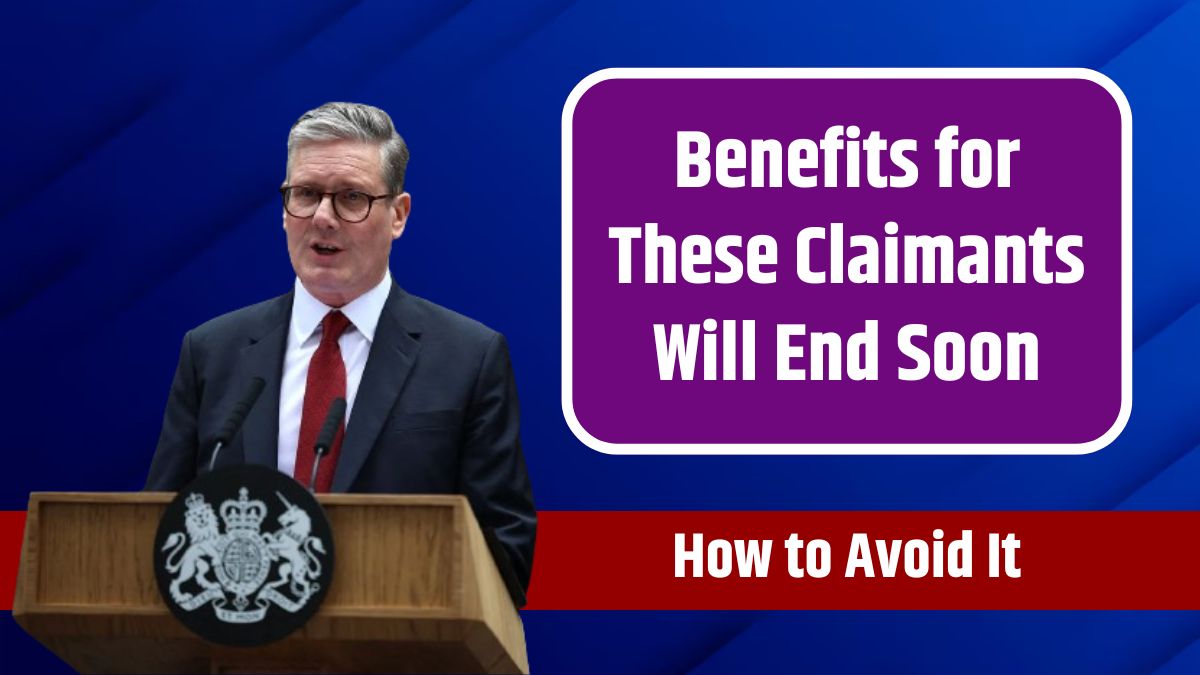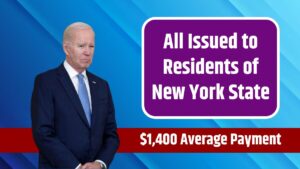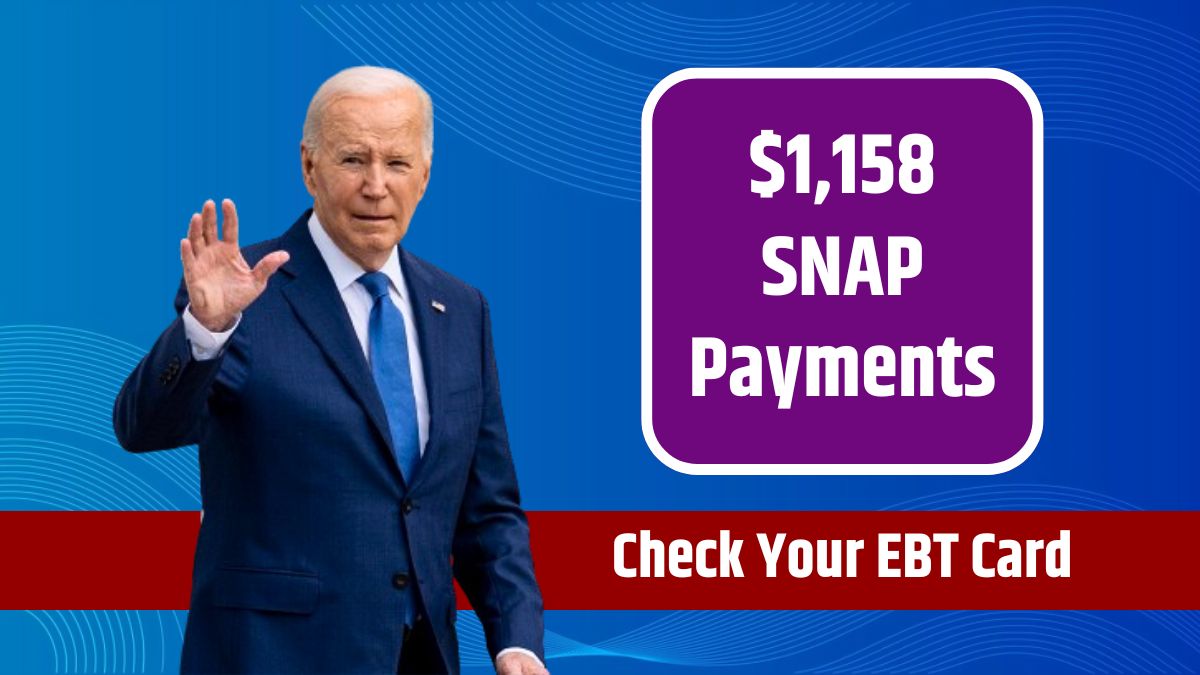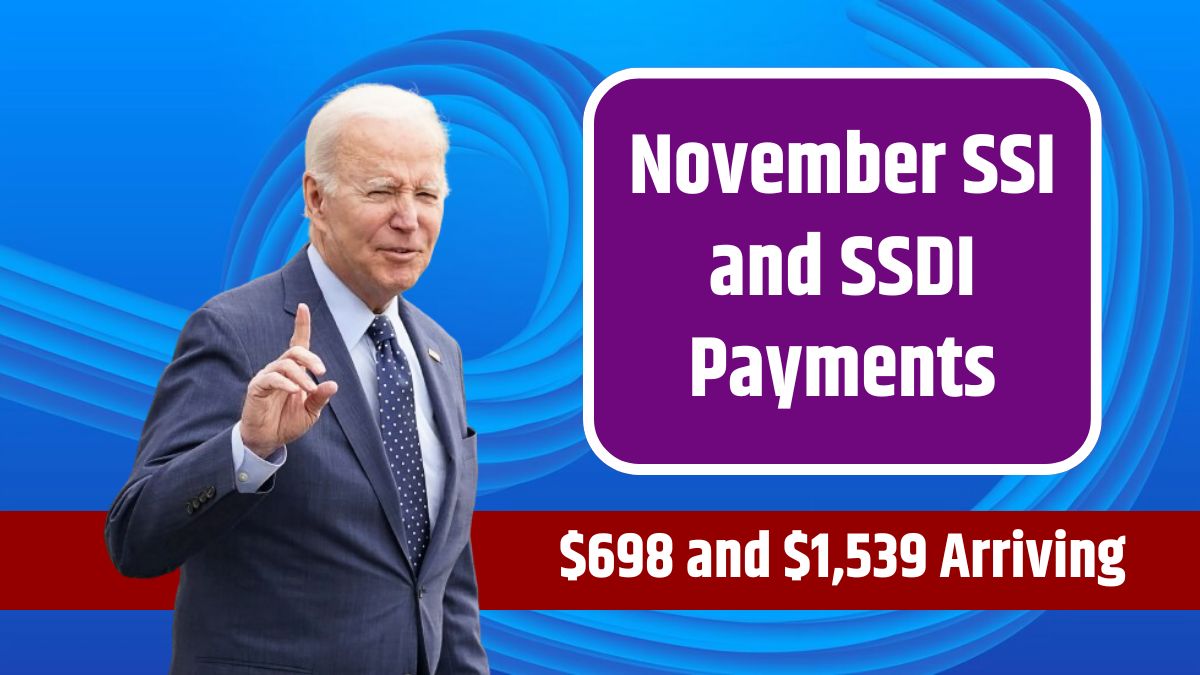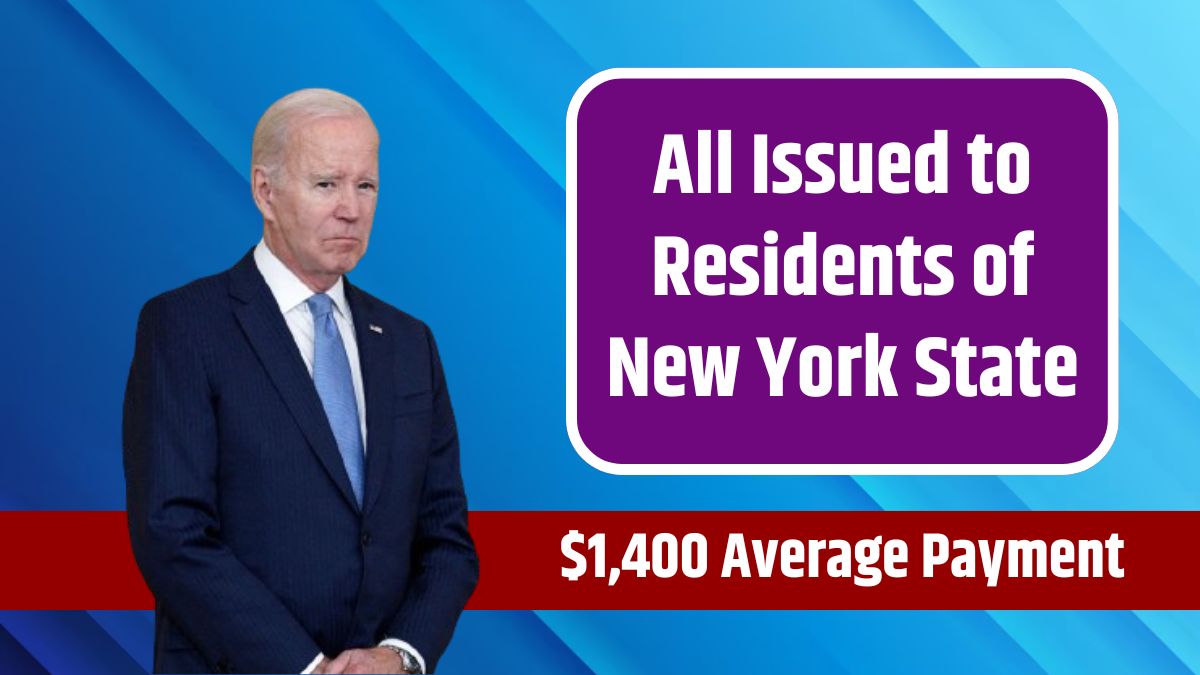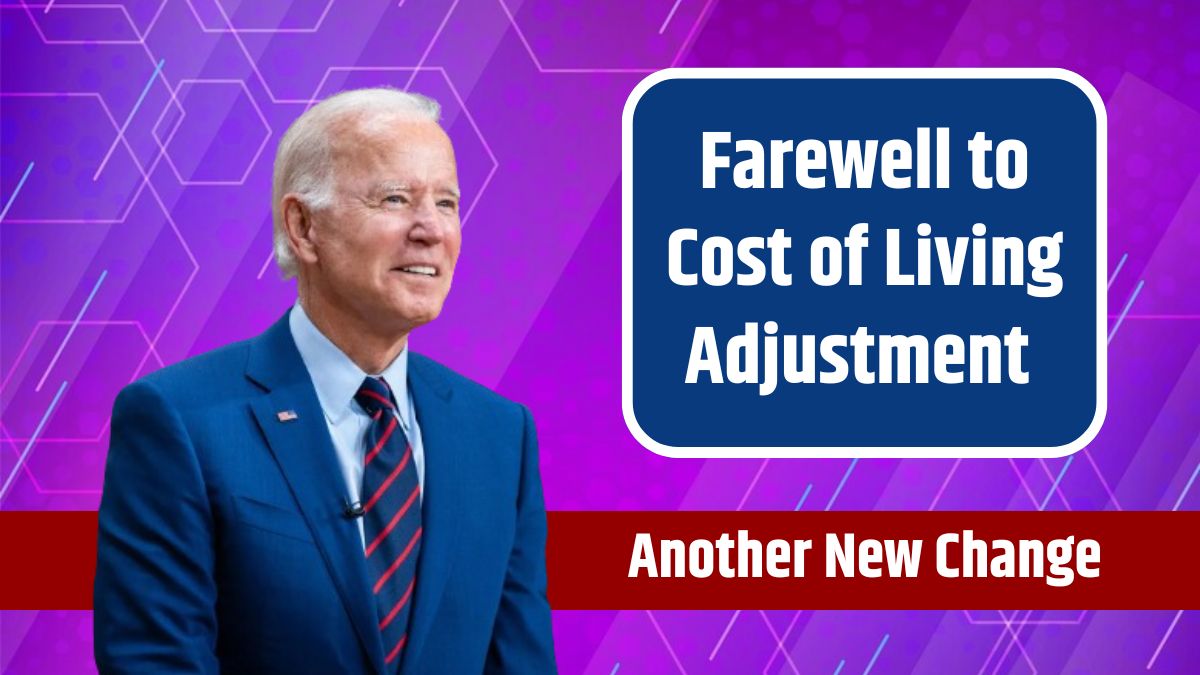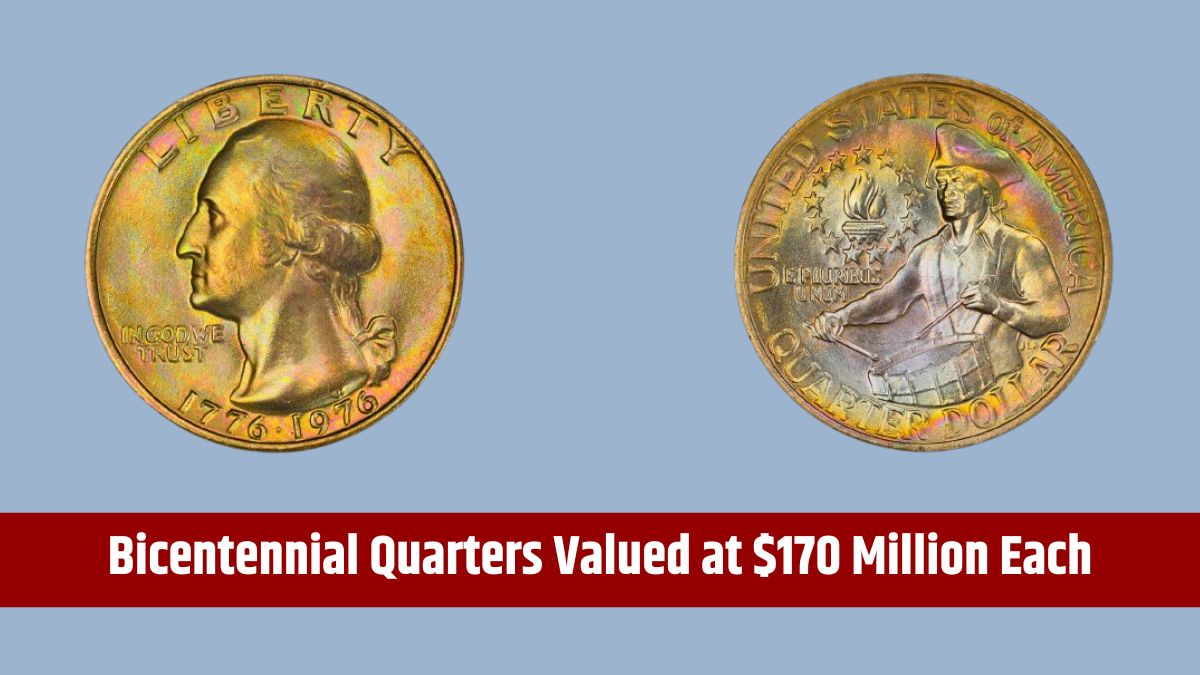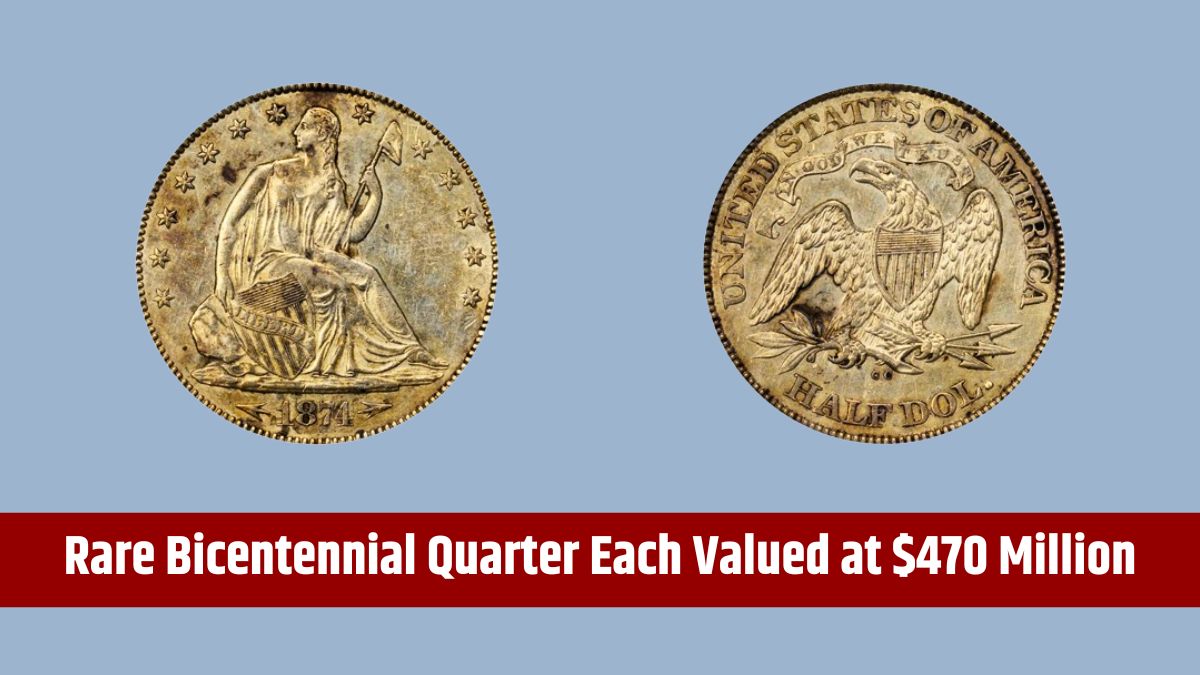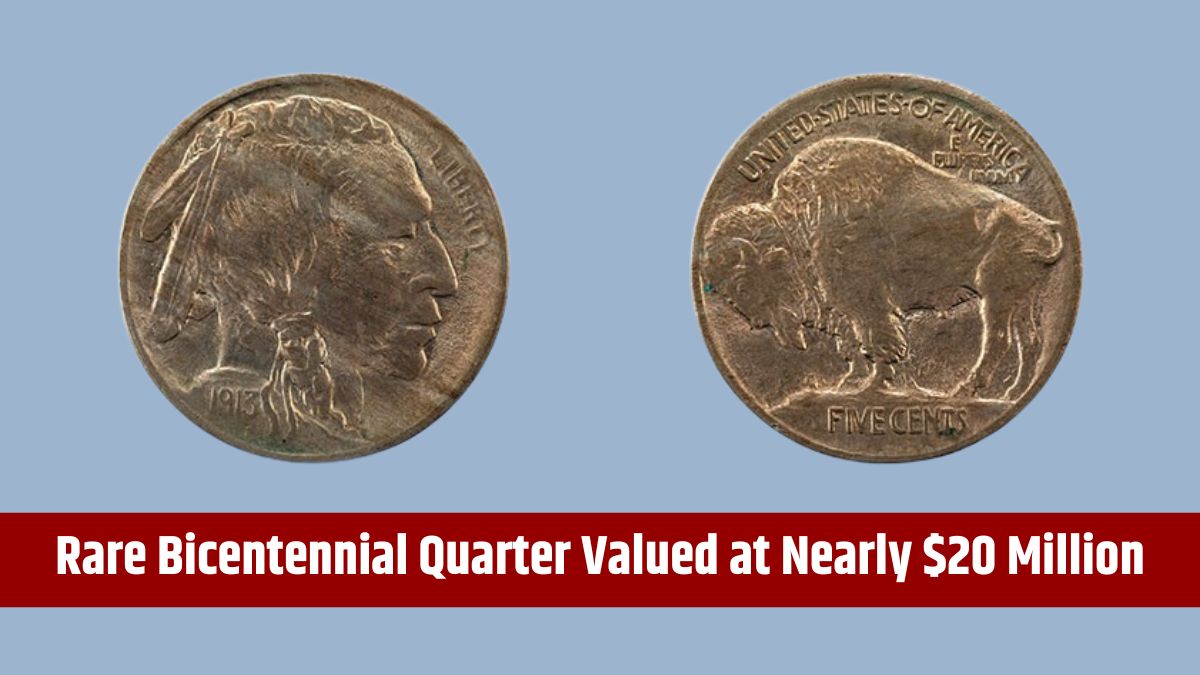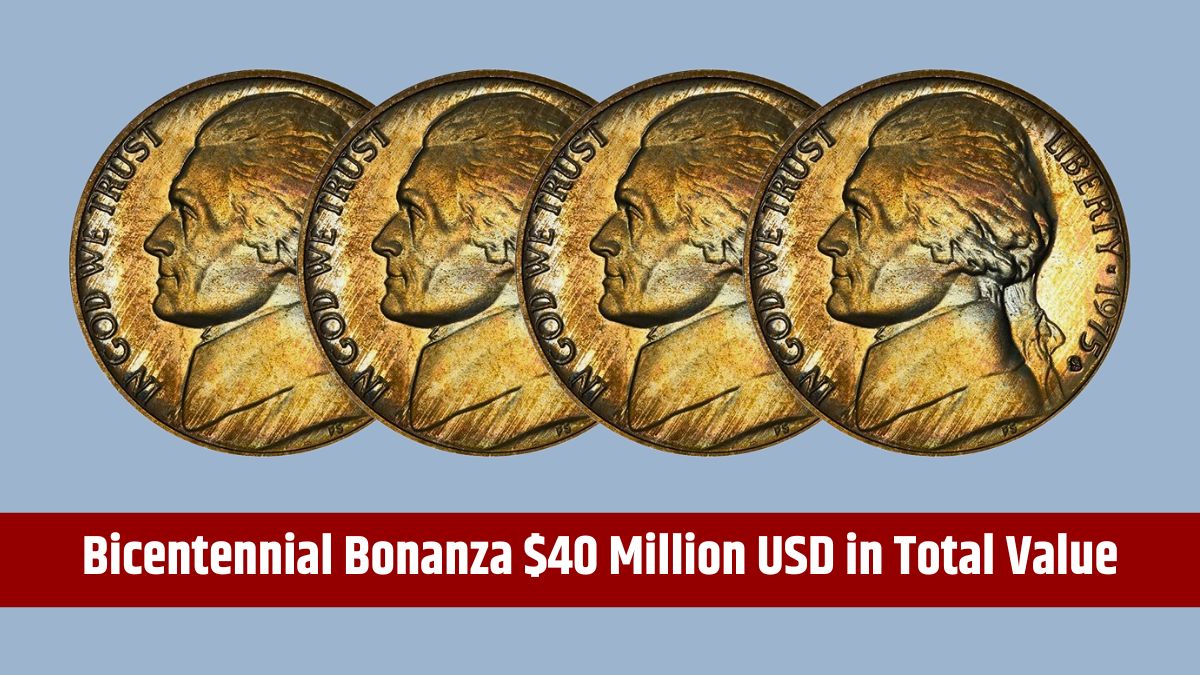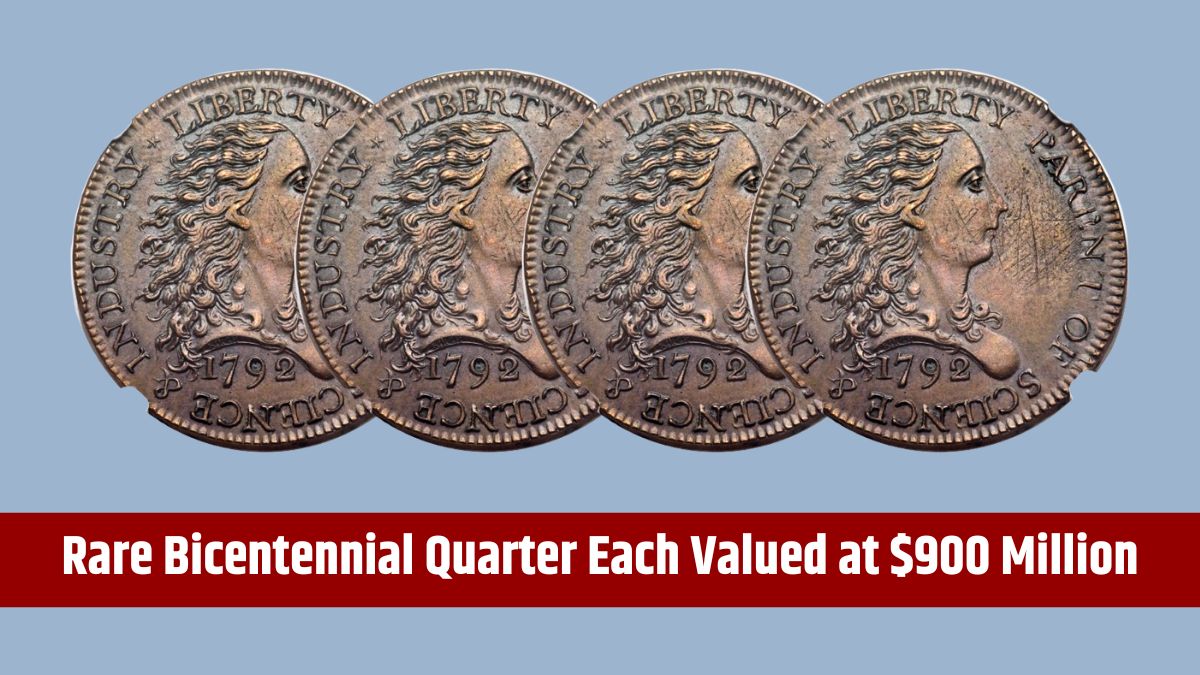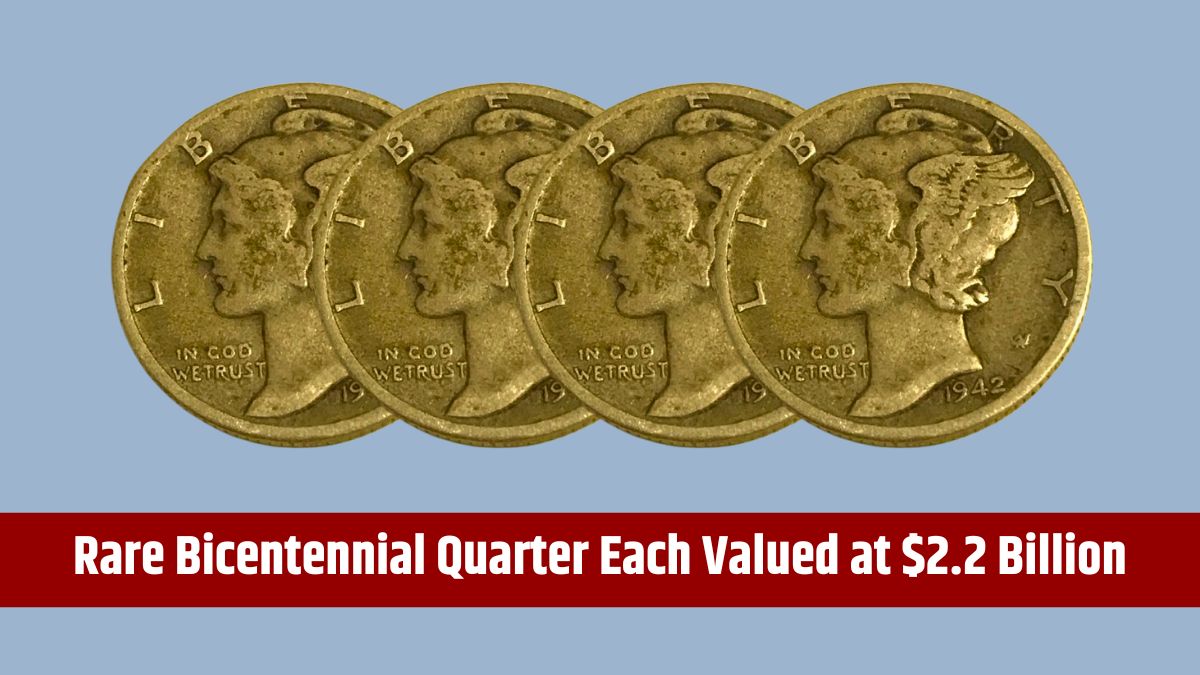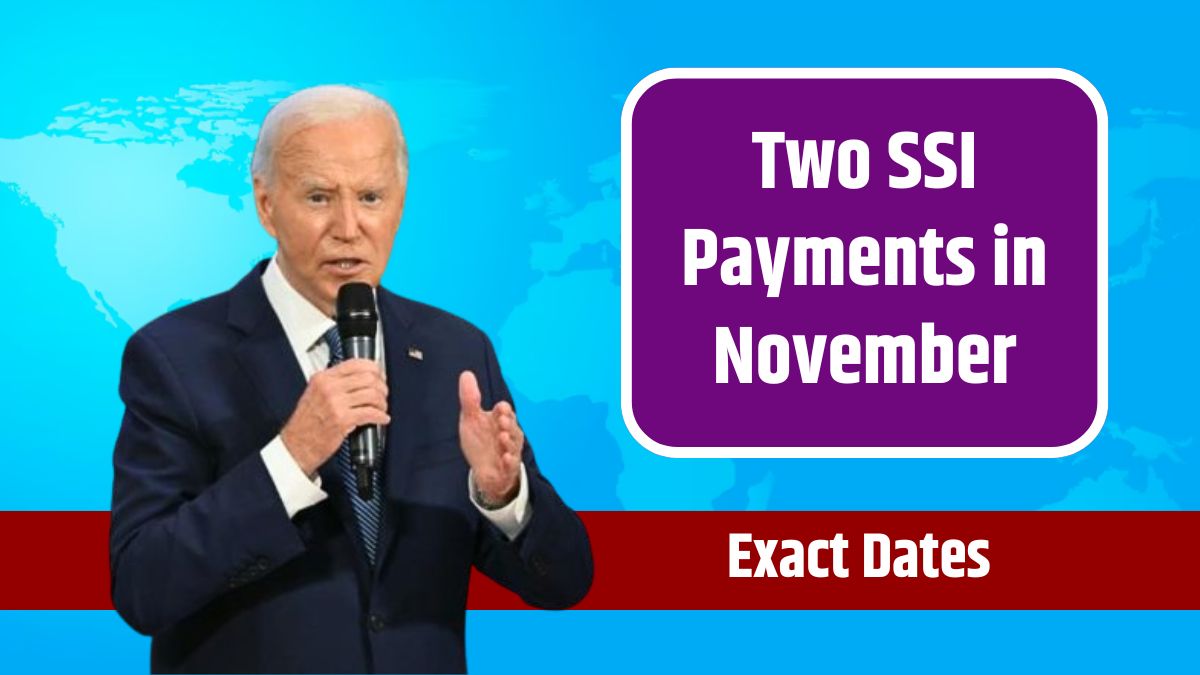The Department for Work and Pensions (DWP) has announced important changes that could impact those receiving certain benefits in the UK. Claimants are being notified to switch to Universal Credit (UC), with a warning that payments may be reduced or stopped if they fail to transition within the specified timeframe.
This move is part of a broader effort to consolidate various welfare benefits into a more streamlined and efficient system. Here’s what you need to know to avoid interruptions in your benefits.
DWP Warning
The DWP is undergoing a significant reform process aimed at replacing several existing benefits with Universal Credit. This reform affects claimants who receive payments under different schemes such as Jobseeker’s Allowance, Housing Benefit, and Tax Credits. As part of the transition, the DWP is sending letters to claimants, informing them that they must switch to UC within a specific period to continue receiving their benefits.
The change is intended to make the welfare system more manageable, combining multiple benefit programs into a single platform. However, for claimants, this shift means that action must be taken quickly to avoid losing financial support. Addressing the conditions and taking prompt action can help ensure a smooth transition to the new system.
Affected Benefits
The changes affect several existing benefits that will eventually be replaced by Universal Credit. Here’s a list of benefits impacted by the reform:
- Jobseeker’s Allowance (JSA)
- Housing Benefit
- Income Support
- Employment and Support Allowance (ESA)
- Working Tax Credits and Child Tax Credits
If you are currently receiving any of these benefits, you will need to switch to Universal Credit before your payments stop. Failure to make the transition within the given timeframe could result in a complete loss of financial assistance.
Key Conditions
To ensure you don’t face any unexpected benefit stoppages, keep the following conditions in mind:
- Deadline Compliance: After receiving a notification letter from the DWP, you have three months to submit a claim for Universal Credit. Missing this deadline could mean losing your benefits. If you encounter difficulties, contact the Universal Credit Migration Notice helpline to discuss possible deadline extensions.
- Eligibility Rules: Universal Credit has different financial criteria compared to existing benefits. While some tax credit recipients with savings or investments over £16,000 can still claim UC for the first 12 months, they must comply with regular eligibility rules afterward. If your savings remain above £16,000 after the initial period, you may no longer qualify.
- Tax Credits Ending by 2025: The DWP has announced that tax credits will end by April 2025. It’s advisable to switch to Universal Credit sooner rather than later to ensure continuous financial support.
Preparing for the Switch
To avoid a disruption in benefits, here’s what you can do:
- Submit Your Claim Early: After getting your notification letter, make it a priority to submit your Universal Credit application within the three-month deadline.
- Review Your Finances: Assess your savings and investments to determine whether you’ll still qualify for Universal Credit after the 12-month transition period.
- Know the Changes: Switching to Universal Credit may alter the benefits and protections you currently enjoy. Be aware of how these changes could affect your financial situation.
- Seek Help if Necessary: If you encounter challenges during the transition, such as health issues or other significant difficulties, contact the helpline immediately. You may be eligible for an extension or additional support.
Upcoming Changes
In addition to the migration to Universal Credit, the Personal Independence Payment (PIP) system is also undergoing changes. The DWP plans to phase out most new PIP claims over the next two years, aiming to manage rising costs more effectively. There is a proposal to replace cash payments with vouchers for equipment and treatment, with the consultation on these changes ending in July 2024. If implemented, this could significantly change how support is delivered to disabled individuals.
The Labour Government has also pledged to provide more opportunities for disabled people to enter the workforce, which may further shape future policies regarding disability benefits.
Adjustments
Another aspect to consider is the payment schedule changes during bank holidays. If your payment is due on a bank holiday, such as August 26, the DWP will typically issue the payment earlier to avoid any delays. For example, payments due on the bank holiday may be made on the last working day before, ensuring that recipients can manage their finances without interruption.
Early payments are designed to help beneficiaries meet their financial obligations promptly, contributing to greater stability, especially for those dependent on benefits for daily expenses.
It’s crucial for recipients of any benefits to stay updated on these changes and act quickly to avoid losing financial support. The ongoing transition to Universal Credit aims to improve the welfare system, but knowing the new rules and requirements is essential for a smooth transition.
FAQs
What benefits are being replaced by Universal Credit?
Jobseeker’s Allowance, Housing Benefit, Income Support, ESA, and Tax Credits.
How long do I have to switch to Universal Credit?
You have three months from the date of the DWP notification letter.
Can I still apply for UC if I have savings over £16,000?
Yes, for the first 12 months. After that, standard UC rules apply.
Will my payment date change because of bank holidays?
Yes, payments are usually made earlier if they fall on a bank holiday.
Are new PIP claims being phased out?
Yes, most new PIP claims will be stopped within the next two years.

